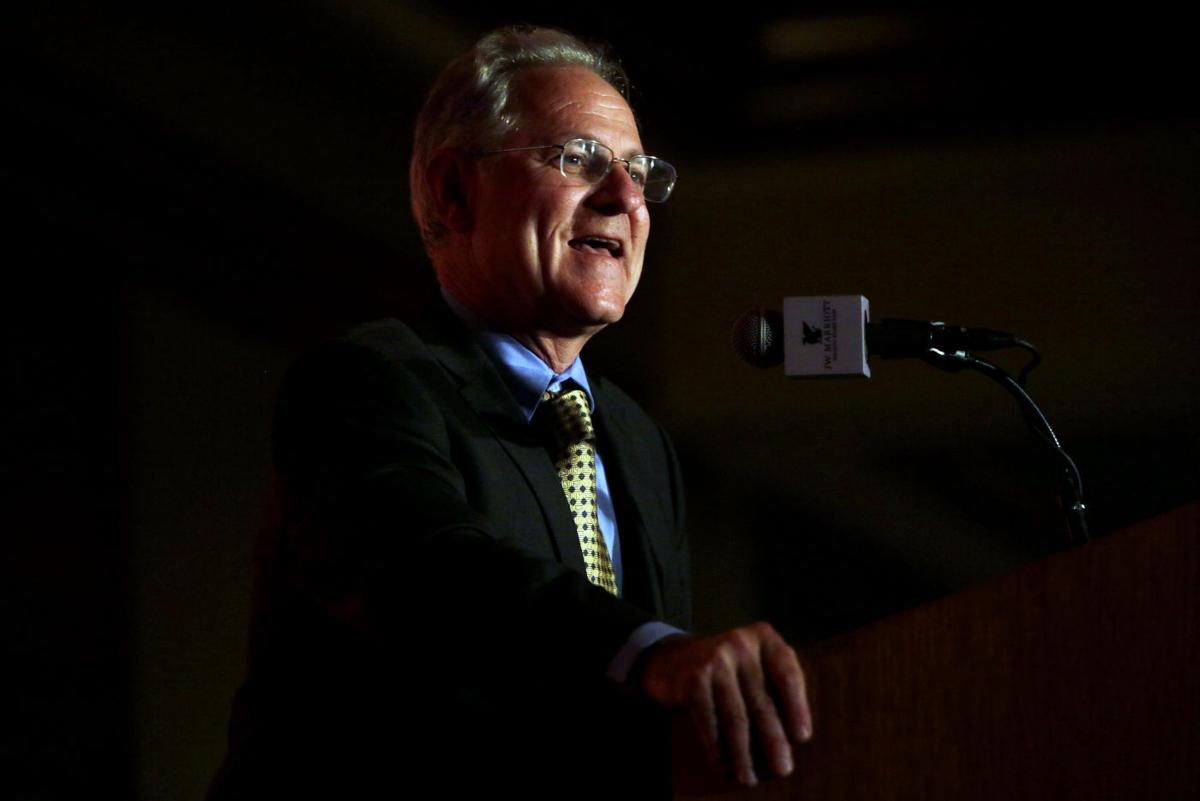The mayor and council on Wednesday discussed plans to find long-term funding solutions to budget shortfalls that continue to weigh on the city of Tucson.
“One of the biggest concerns we have is the public safety pension system, let’s be real here,” Councilwoman Regina Romero said.
Pension costs have been a driving factor in the projected shortfalls as the city’s three major pension systems have annually declining funding ratios.
Romero noted the public safety workers pension system, which the city funds but the state operates, required $56 million in contributions from the city last year.
State funding changes have also added to city financial troubles over the years, with the Legislature eliminating one transit funding source for local governments and diverting gas-tax money to other sources.
“We have no control over our revenues,” Mayor Jonathan Rothschild said, adding that the city is in control of its spending.
Without substantial new revenue and cost reductions, city budget officials project a general-fund deficit of more than $42.2 million going into next year.
The trend worsens in subsequent years, swelling to $49.5 million in 2018, $60 million in 2019 and more than $63 million by 2020.
City officials have proposed numerous strategies to address the budget challenges, including imposing a hiring freeze, departmental reorganizations, allowing for worker attrition and offering additional retirement incentives.
The city has cut expenses over the years, particularly personnel-related costs since 2008, when more than 6,000 full-time employees were on the payroll. Today, about 4,700 people work for the city.
Furloughs, hiring freezes, debt restructuring, property sales and other one-time fixes also have been used to address the budget issues.
“Don’t come and tell me that we haven’t done enough,” Romero said.
The council on Wednesday discussed some smaller measures to deal with short-term issues.
Among them was instituting a community-services fee to water bills or an additional fee for environmental services.
The community-services fee would attempt to recoup the $4 million spent on code enforcement and graffiti abatement after funding for those programs was moved from the general fund to an environmental-services fund in January.
The fee could be applied to all city water customers or just to those customers living inside the city limits. About a third of Tucson Water’s customers do not live in the city.
Councilman Steve Kozachik said the city would need to try to raise revenue where possible but warned against taking what he called a “nickel and dime” approach.
“You’re not going to raise $40 million with an environmental-services fee,” he said.
He suggested the council look instead at more comprehensive funding reforms, such as property- and sales-tax increases, which likely will be discussed by the city’s charter review committee.
Voters would be reticent to approve such tax increases, which have the potential to raise more money and balance the budget, if the city seeks to simultaneously raise multiple fees, Kozachik said.
The council will discuss the funding issues more in the coming months while it considers putting possible tax-increase proposals up for a public vote.





